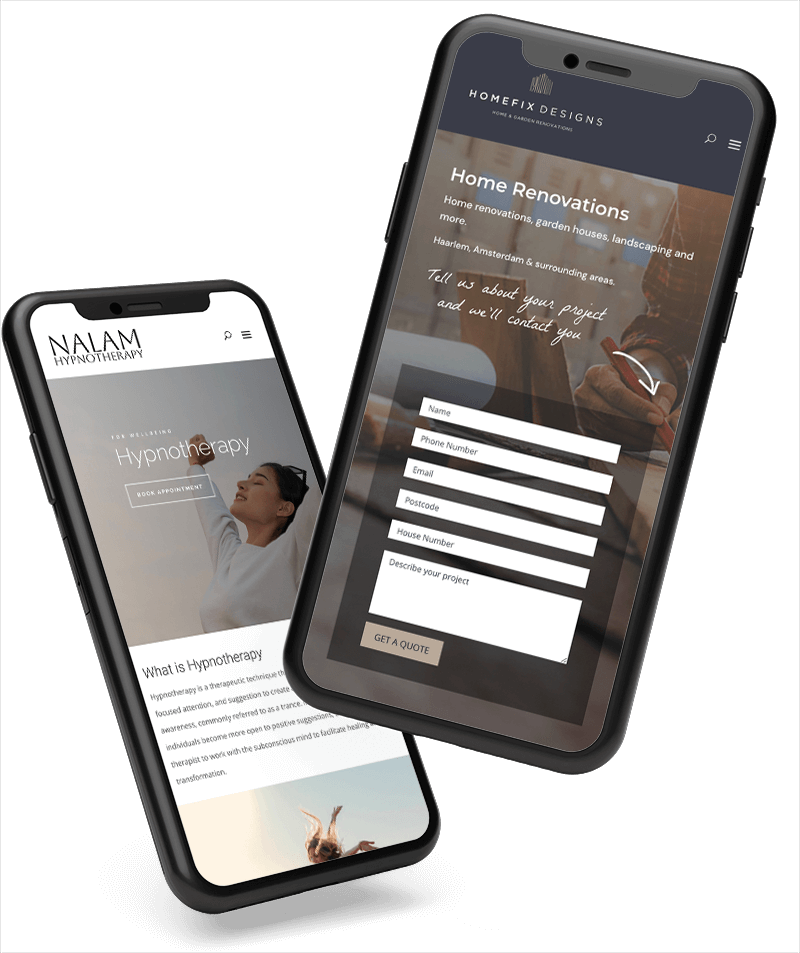It’s commonplace to compare today’s digital developments to science fiction, but Star Trek missed a trick with voice search. Uhuru still had to press buttons and use sliders at her comms station … while today’s consumers can use Siri, Alexa or Cortana to book a table at their favourite restaurant whilst negotiating Spaghetti Junction – and not risk picking up points for failing to drive with due care and attention.
Voice Search – for the road …
More than 52% of all voice searches are undertaken while driving. That might not sound significant, but it is, for two reasons that many digital marketers are only just starting to appreciate:
- Voice search in a vehicle is much more likely to be at the call to action point
- Vehicular voice search tends to be local.
Let’s take those one at a time, because for ecommerce they have profound impacts that are going to roll out over the next five to 10 years.
Why is voice search closer to commitment?
The 52% of people who use voice search while driving are usually making a point of sale call. “Where is the nearest pizza restaurant?”, “I need a Brazilian blowout for tonight”, “Which is the best tourist attraction in Somerset?” While there’s no actual statistic to back this up (as yet), one of the reasons that so many companies are keen to get us to use their digital assistant, which is what voice search really is, is that people often use vocal search to find out where to spend their money, but use other forms of search to do research. Smart tech providers want to be where the money’s being spent.
Why is vocal search likely to be local search?
Well the first answer’s obvious. If people are using voice search when driving, they probably have a destination in mind and they are likely to be seeking information about that destination or waypoints as they move towards it. The second answer isn’t quite to upfront, but it’s more important for e-commerce and it relates completely to the point about commitment. Many people use voice search when there are on their way to something – an event, a location, a gathering, a happening. They’ve left something behind or realise suddenly that they need something they don’t have with them. Now they want to obtain that item as soon as possible – and that means finding it in their current location. Local search is their solution.
Digital assistants and what they do
Digital assistants are the underpinning technology of local search. They compile data across many platforms and the exponentially growing Internet of Things and both interrogate and predict responses. Because they have smart learning, digital assistants deliver more focused search results, based on the profile of the searcher, making them a more satisfying search route.
The impact on marketing is tremendous:
- Voice search technology can recognise, via location, the parameters of a search. So I can simply say “Best pizza near me” and the voice search will look for pizza recommendations, whether I’m in Birmingham or Bogota, without me specifying my location.
- Vocal questions are longer tailed questions and lead to more targeted responses. When I type a search I might say ‘best pizza restaurant Austin Texas’, but when when I speak it, I’m more likely to say “Find the best pizza restaurant in Austin … with outdoor tables oh, and mocktails.” This is because natural search allows the user to ‘use their words’ and by removing the constraints we have all learned to use when typing, gives a richer query which leads to a more specific response.
In this case I want a restaurant where we can eat outside because we have boisterous children in the party and the mocktails are for my best friend who’s taking antibiotics because of a dental problem and therefore can’t drink. My query is expressed organically and I have narrowed my search parameters by thinking aloud. The results are likely to be completely different to those given by the typed search.
Redirecting your marketing to engage with vocal search
Advertisers who can capture voice search queries are likely to have a much clearer idea of their customer’s intentions than via text searches. Because voice search tends to be framed as questions, it’s much easier to assess how close to the purchase point the questioner is. But obtaining this information requires online retailers to change their metrics and grasp the point of changing their advertising strategies to accommodate vocal search. User intent, based on predictive answers, is key to creating marketing that works for digital assistants. For example:
Blend SEO with vocal search optimisation – SEO works on keyword density but voice search is often based on questions: who, where, when, how, what … answering those questions as part of your content means you become the natural target, regardless of how your enquirer makes their query.
Assess your vocal search queries to find out exactly which questions you need to answer in your web copy – you may need to alter your content and change your paid search keywords to ensure you get the right long tail keyword phrases to get the best results from vocal search patterns.
60 million Americans use digital assistants
Online businesses have to take note of the rise of vocal search, but the exact nature of social engagement is still up for debate. 76% of those who use digital assistants at home are conducting local searches at least once a week, 53% do so daily. Business is becoming both more global, and more local, every day. E-commerce vendors are puzzled as to where to focus their efforts – global or local? Paid search or organic copy? And with ComScore predicting that half of all searches will be vocal by 2020, how much effort to put into vocal search?
25% of millennials use voice search on their mobiles
But the industry predictions are that there will be two groups that use voice search more than any others. Under 25s and over 60s. The reasons are very different though – under 25s use their phones because their whole lives are mobile-oriented. Over 60s, on the other hand, and particularly over 70s, will increasingly use vocal search because they lack, or have lost, the ability to type. Voice activated apps are likely to turn the older generation into much more practised internet users than is currently the case. Given that the uptake of internet use is on the increase in over 75s in the UK (from 20% in 2011 to 38.7% in 2016) there’s clear evidence that this population group are likely to be a key target market for online retailers, and that means optimising websites for vocal search.



0 Comments